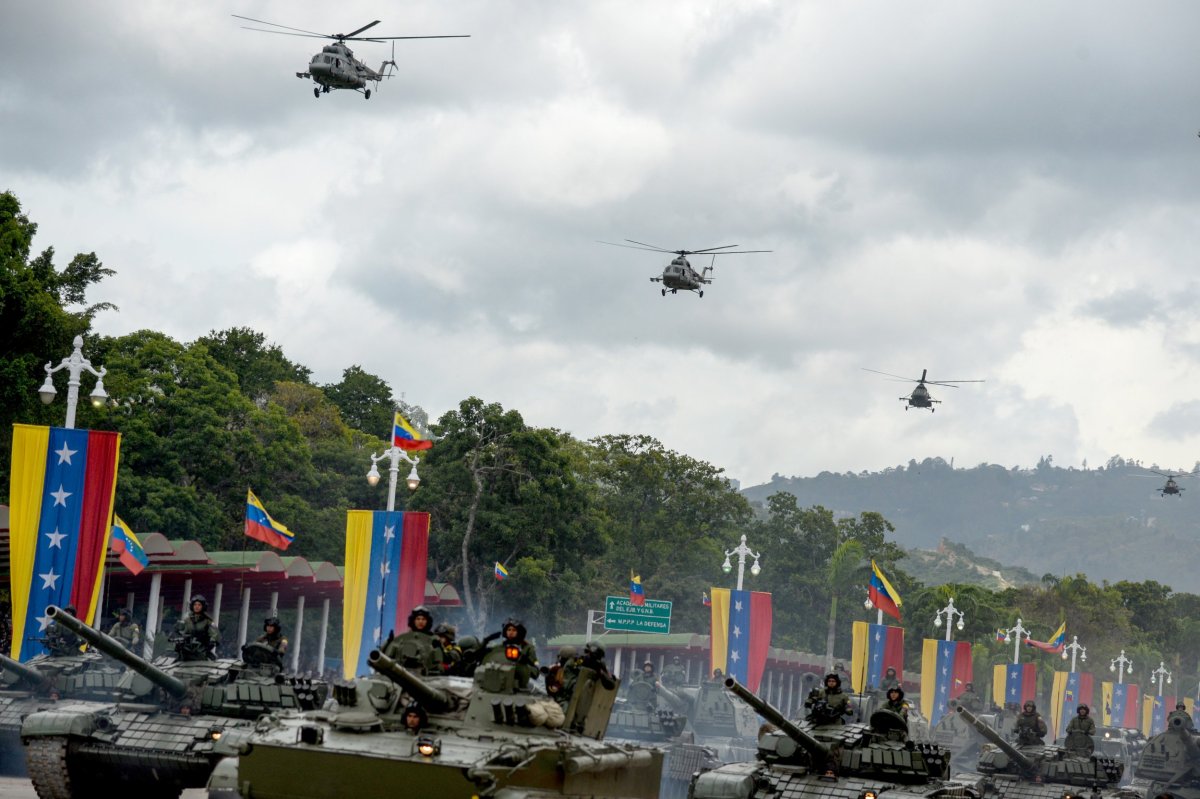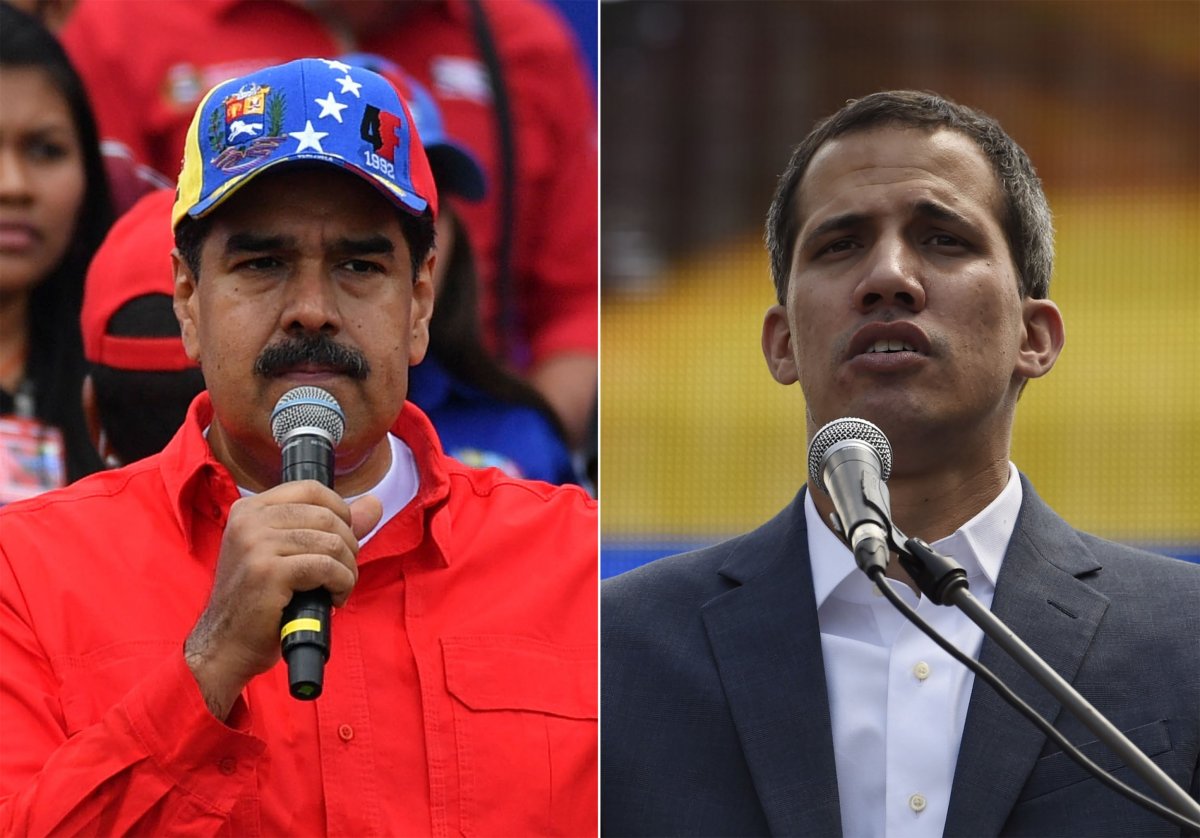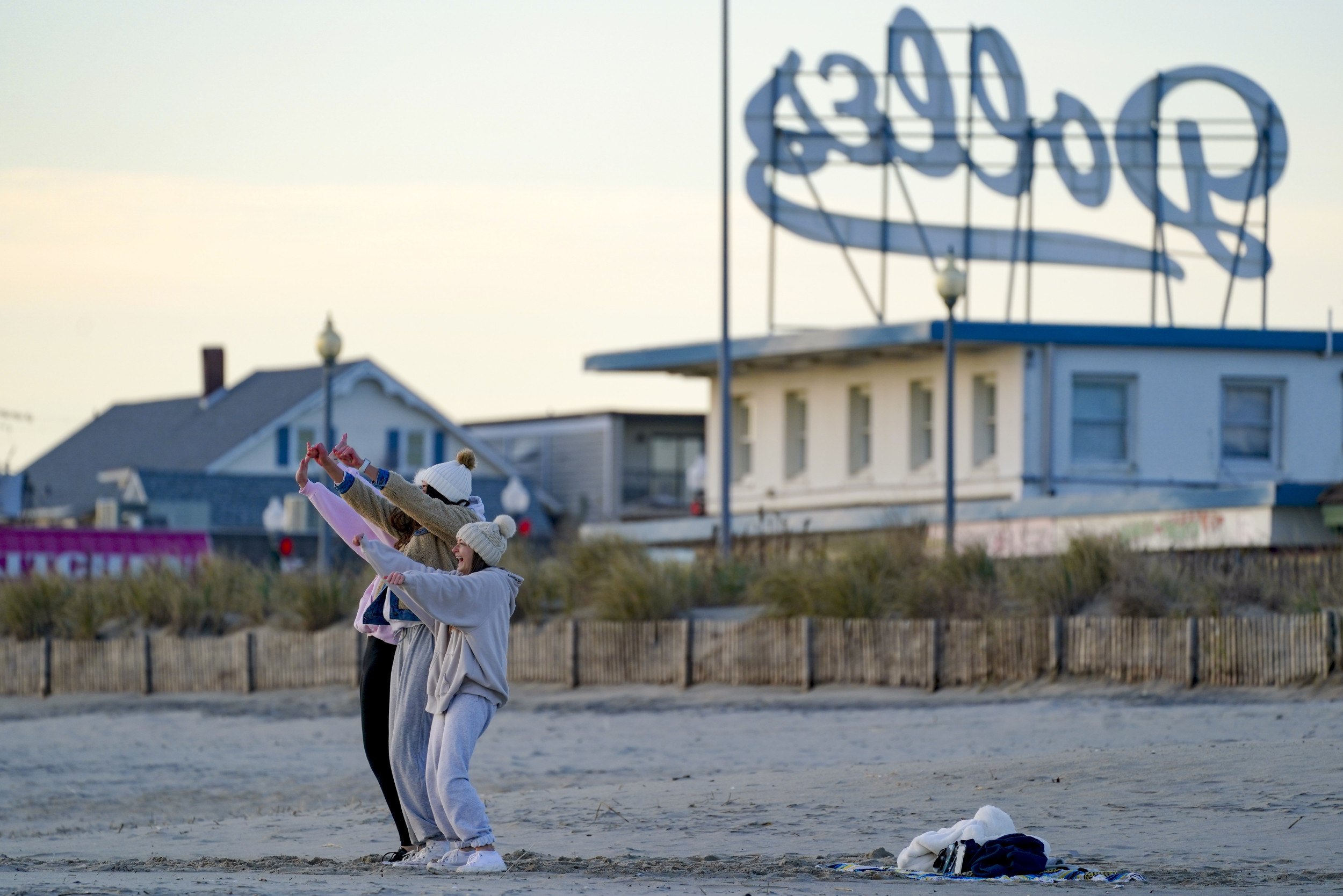Russia continues to defy the U.S. in Venezuela as one of Russia's largest state-run holding conglomerates opens a helicopter training center in an undisclosed location within the country. The U.S., meanwhile, continues to threaten Moscow, calling for it to leave the socialist-led Latin American country while Washington and its allies seek regime change.
In a statement released Monday, Rostec State Corporation said that "a modern helicopter training center was opened" under a contract between Moscow-based Rosoboronexport and Caracas's state-run CAVIM firearms manufacturer. The center was inaugurated Thursday, the same day that President Donald Trump warned that "Russia has to get out of" Venezuela and "all options are open" in ensuring it does.
The Rostec statement noted that "Venezuela has been Russia's largest Latin American partner in the field of military-technical cooperation" since 2005 and the latest appearance of Russian military personnel there last week has outraged the U.S. at time when it was seeking to oust Venezuelan President Nicolás Maduro in favor of opposition-controlled National Assembly leader Juan Guaidó.
Secretary of State Mike Pompeo reiterated Trump's threat on Monday, telling reporters "Russia's got to leave Venezuela," at the Army War College in Carlisle, Pennsylvania. He earlier told Harrisburg's WHP 580 radio station that "Maduro must also go, and that's our mission set," accusing the left-wing leader of causing a historic economic crisis exacerbated by mounting U.S. sanctions.

The U.S. and Venezuela have been hostile since the election of Maduro's predecessor, the late Hugo Chávez, who survived a 2002 coup attempt widely attributed to U.S. officials, including Eliot Abrams, who currently servies as Trump's special envoy for Venezuela. Venezuelan Foreign Minister Jorge Arreaza told reporters Tuesday that he met with Abrams for talks, but that the U.S. official refused to negotiate with the Venezuelan government.
"When Venezuela, Bolivia, Cuba, Nicaragua or other Latin American countries want to establish economic relations with Russia, Turkey, China and India, they say Washington doesn't permit other potential powers in its Americas," Arreaza said, as reported by Turkey's official Anadolu Agency during a trip to Ankara, which—like Moscow and Beijing, and a few left-leaning regional powers—has continued to support Maduro.
Russia has largely dismissed threats by U.S. officials such as Trump, Pompeo, Abrams and White House national security adviser John Bolton, who warned "actors external to the Western Hemisphere against deploying military assets to Venezuela, or elsewhere in the Hemisphere, with the intent of establishing or expanding military operations." He said the Trump administration considered "such provocative actions as a direct threat to international peace and security in the region" in remarks that received pushback from Moscow.
Russian Foreign Minister Maria Zakharova said in a statement released the following day that the U.S. had become "nervous" because its "planned rapid change of power in Caracas failed" and noted Washington's long history of intervention in Latin America and elsewhere across the globe.

Moscow officials have described the presence of specialists in Venezuela as part of a "military-technical cooperation" between the two nations. Their counterparts in Washington suspect that Russia was preparing the S-300 surface-to-air defense system to potential combat at a time when arms control treaties between the world's top two military powers were failing.
The U.S. suspended the 1987 Intermediate-range Nuclear Forces (INF) treaty in February, compelling Russia to follow shortly after. Washington has accused Moscow of breaking the Cold War–era treaty by developing the Novator 9M729 missile suspected of breaching the 310 to 3,420-mile limit for such land-based platforms. Russia has denied this, arguing that the U.S. had violated the agreement by deploying the Aegis Ashore defense system that the Kremlin has claimed could be used to attack as well from NATO Western military alliance positions in Eastern Europe.
With the INF set to officially fall apart in August, both countries would be free to pursue the kind of medium and intermediate-range missiles employed during the 1962 Cuban Missile Crisis, which previously brought Washington and Moscow to brink of nuclear war in the same region they face each other in today.
Uncommon Knowledge
Newsweek is committed to challenging conventional wisdom and finding connections in the search for common ground.
Newsweek is committed to challenging conventional wisdom and finding connections in the search for common ground.
About the writer
Based in his hometown of Staten Island, New York City, Tom O'Connor is an award-winning Senior Writer of Foreign Policy ... Read more
To read how Newsweek uses AI as a newsroom tool, Click here.








